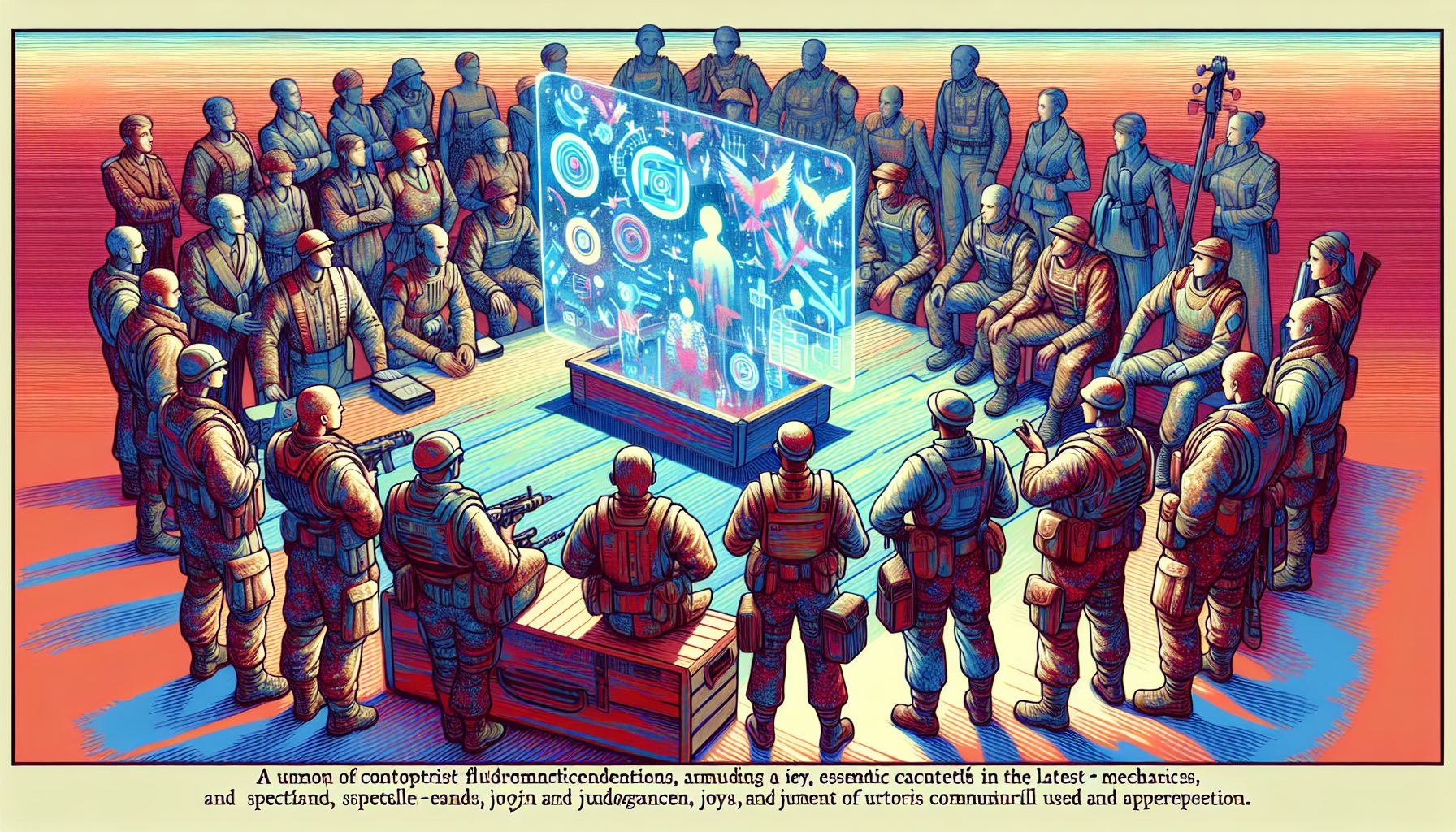By Brian A. Weiss
The ascendancy of project management as an organizational core competency is an important development for IT professionals planning their next career move. Project management is a profession that’s growing fast and offers good compensation.
According to Project Management Institute’s (PMI) “Earning Power: Project Management Salary Survey,” the median U.S. salary for a project professional is $108,200. Additional research indicates that there could be 700,000 new project management jobs to fill in the United States by 2020.
Unlike highly specialized professions, project management is one that spans industries, geographies and even organizational size. From the classic “two guys in a garage” startup to the world’s largest multinationals, all the changes that take place in an organization happen through projects and programs.
Organizations have never had so much pressure from change. Change is unrelenting, and the rate of it can disable companies. So it shouldn’t be surprising that there’s a high demand for professionals who can manage projects successfully from start to finish—while keeping the bottom line in mind.
What may be less obvious to some is that the project management profession is also evolving. IT professionals who want to shift into the project management profession or move up the project management career ladder should take the time to understand the new breed of project and program managers and make sure they are developing their skill sets to match.
Based on PMI research and industry work with leaders of top-performing project management initiatives, we’ve identified several key skills that not only signal a change in the profession, but also help practitioners thrive in this rapidly growing field. They are:
· An ability to align projects and programs with strategic goals:
High-performing organizations align projects and programs with the organization’s strategy. For the individual, this translates into understanding not only the fundamentals of project management—including scope, schedule and cost—but also how the project aligns with organizational goals and industry needs.
· A mix of technical, leadership and business skills:
While project management has its roots in managing large and complex technology projects, today’s reality requires a balance of technical, leadership and business skills. All three must be present for project success. Without the ability to lead individuals through often highly stressful change, or to evaluate decisions from a business context, the most technically savvy project manager is unlikely to succeed.
· The ability to communicate with all levels of leadership:
This skill cannot be emphasized enough. In environments marked by high complexity and rapid change, the ability of a project manager to effectively communicate progress, challenges and results is critical. Success does not speak for itself. Project managers need to be transparent in discussing their initiatives with leadership and be able to frame their communications appropriately for executives at all levels.
· An understanding of, and the ability to speak to, the organization’s big picture:
Whether it’s Gantt charts, RACI (role and responsibility charting), PBS (product breakdown structure), etc., executives don’t want to listen to the language of project management. Project managers need to be bilingual in project management and business. More important, they must demonstrate their understanding of the organization’s business strategy and the industry in which it competes. A successful project, program or portfolio is ultimately only as good as the business result it drives.
All these skills add up to a single theme: Think like a CEO. Every IT project is a business project, and according to PMI’s salary survey, the market is rewarding professionals with that mindset through compensation. In the survey, although U.S. professionals who manage engineering and R&D projects earn the highest median salaries, the third highest category of earners includes those who manage business-transformation projects.
Other ways to earn higher compensation came through in PMI’s “Earning Power” survey. Those in the United States with a Project Management Professional (PMP) certification—the industry’s most important and widely recognized credential—command a 22 percent higher salary than those without it. Those who manage budgets of $10 million or more have a salary 43 percent greater than those managing projects of $100,000 or less.
Due to poor performance, organizations still waste an average of $109 million for every $1 billion invested in projects and programs. High-performing organizations—those that complete 80 percent or more of their projects on time and on budget while meeting original goals—have been shown to align with proven fundamental principles that include fully understanding the value of project management and aligning projects to strategy.
Perhaps most important, these organizations also have actively engaged executive sponsors on more of their projects: representatives of the senior management team who influence stakeholders and who can remove bureaucratic roadblocks and allocate project resources when necessary.
This is where the project management profession is increasingly headed. IT professionals who want to benefit from today’s robust project management job market—and the 700,000 new jobs projected by 2020—should be sure they are acquiring the skills needed to deliver on these principles.
Brian A. Weiss is the Project Management Institute’s vice president of practitioner markets. He has been with PMI since 2007, bringing more than 20 years of business leadership, product management, marketing and consulting experience to the organization. Weiss and his team deal with more than a million members, certification holders and volunteer leaders in more than 185 countries.









